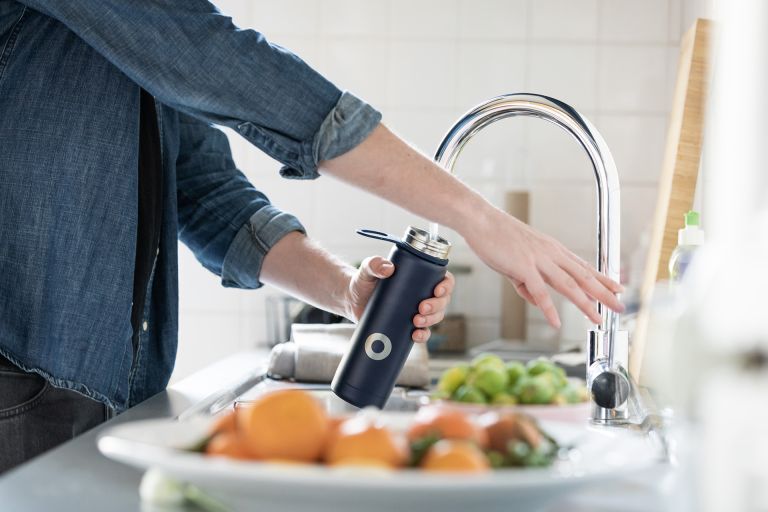Introduction
Australia is the world’s driest inhabited continent, yet it supports many industries, cities, and ecosystems that all depend on water (AdaptNSW 2022a).
It’s important for us to be wise about how we use water. To do this, we need to know about how and where people use water at home. That way, we can make plans to save water in the most efficient ways. The goal is to help people understand how they use water and make changes.
This pilot will gather data in 250 households in Greater Sydney. It will monitor water use from tap water, rainwater tanks and recycled water. With this information, we can make better forecasts about how much water we'll need in the future. We can also check how robust our water efficiency plans are and use the insights to teach people about water use.
Challenge
Water is a precious resource and needs to be managed efficiently. Doing so protects the social, environmental and economic wellbeing of NSW.
There needs to be a better understanding of how and where residential water is used. Water conservation programs and initiatives can be targeted more precisely as a result. This leads to improved engagement in customer water use behaviours.
Digital technology and analytical insights are needed to:
provide data on residential water use, improving water demand forecasting
inform development and assessment of water efficiency program effectiveness (such as BASIX).
This helps future water restriction initiatives to assess the potential for alternative water sources, such as household greywater reuse.
Solution
This project will install smart water meters in 250 households in Greater Sydney. The smart water meters will track everyday water usage. This includes showers, bathtubs, washing machines, bathroom and kitchen sinks.
The data collected will provide insights into residential water use. This will help inform water demand forecasting, and will aid the design and evaluation of water efficiency programs.
This project will inform opportunities for greater use of digital metering. It will lead to greater customer engagement across the network.
Expected outcomes
Smart Places outcome areas:
- collaboration and connection
- environmental quality.
The project will deliver more robust water demand forecasts and a reduction in water use, improving water efficiency as a result.
Outcomes of the project will also include greater understanding and awareness of water efficiency initiatives among agencies and the community.
Resources
Want to implement a similar project? Visit our Smart Places Playbook for help.
Smart Places Playbook: Design
Exploring the market, identifying potential solutions and setting out plans for delivery.
Smart Places Playbook: Manage and review
Maintaining your assets and realising the benefits of your smart place.
Contact details
Smart Places – Water Insights Project Team
Jethro Laidlaw
Manager, Water Efficiency Programs
Department of Planning and Environment
Explore other smart projects in NSW
Image

Smart Irrigation Management for Parks and Cool Towns (SIMPaCT)
Creating cooler parks and gardens for our communities to enjoy, using smart water irrigation systems at Bicentennial Park.
Image

Smart and Cool Places in NSW
Saving lives by creating cooler cities and towns in NSW and protecting residents from heatwaves. A NSW-specific pilot, to establish a National Heat Vulnerability Observatory (NaHVO).
Image

OpenAIR
Improving air quality outcomes across NSW using air quality monitoring for a safer ecosystem.
See all our case studies
Search our entire database of Smart Places case studies.
